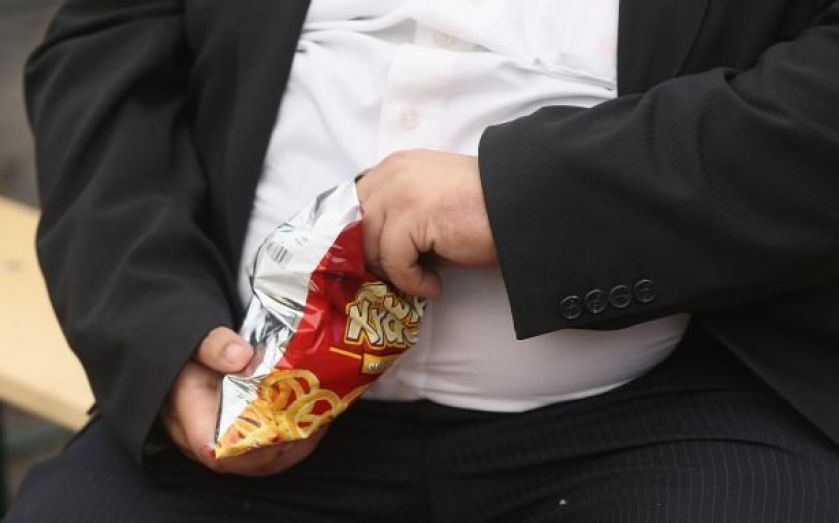| Updated:
The growing problem of obesity: Almost half the global population will be overweight by 2030

The world is eating more and doing less. The result? Our waistlines are rapidly expanding.
In fact, almost half the world will be overweight or obese by 2030 if we allow our self-indulgence to continue along its current trajectory.
According to a report by McKinsey, 2.1bn people fall into the “overweight” category, which amount to 31 per cent of the global population. That's nearly twice the number who are undernourished.
But this is predicted to reach 41 per cent in 16 years' time, given the rate at which our health has already deteriorated as a result of poor diet and little exercise.
ECONOMIC STRAIN
Obesity has become responsible for around five per cent of deaths each year, but it's not just our well-being that's affected – the global economic impact from obesity is roughly $2 trillion or 2.8 per cent of global GDP, which is roughly equivalent to the global impact from smoking or armed violence, war, and terrorism
The toll of obesity on healthcare systems alone is between two and seven per cent of all healthcare spending in developed economies, and that does not include the large cost of treating associated diseases, such as diabetes.
TIME FOR THE WORLD TO GO ON A DIET
Slimming down will be no easy task – the report suggests a number of measures are needed in combination if the problem is to be brought under control.
In the case of the UK specifically, it says 44 interventions across a range of sectors are needed to bring just 20 per cent of those who are currently defined as "obese" down to a healthy weight: “Only a comprehensive, systemic programme of multiple interventions is likely to be effective."
Our research suggests that an ambitious, comprehensive, and sustained portfolio of initiatives by national and local governments, retailers, consumer-goods companies, restaurants, employers, media organizations, educators, health-care providers, and individuals is likely to be necessary to support broad behavioural change.
But an integral part of the battle will be people taking more responsibility for their own well being, the report explains. This can be done by managing portion sizes, avoiding snacking and cycling instead of taking public transport wherever possible.